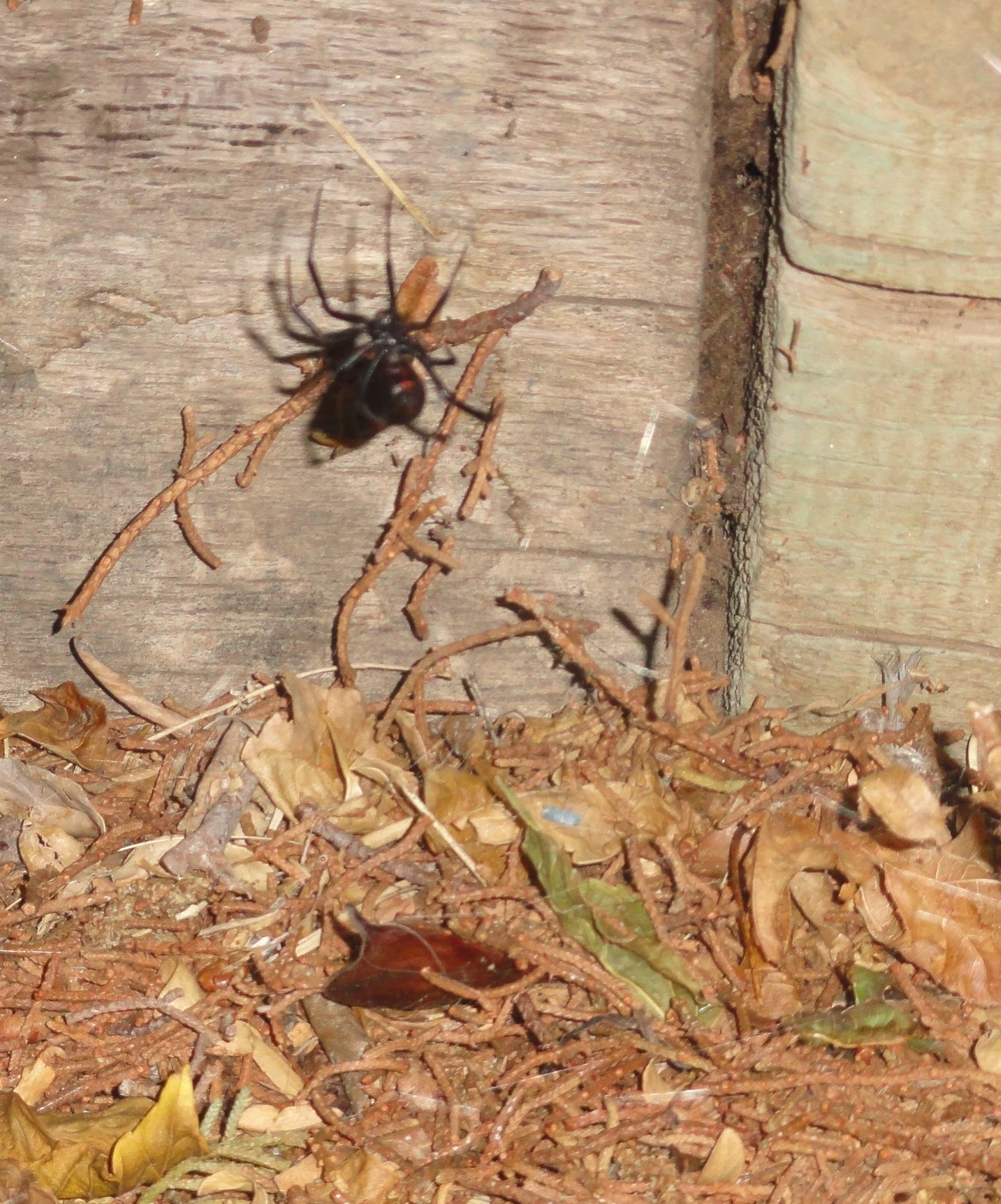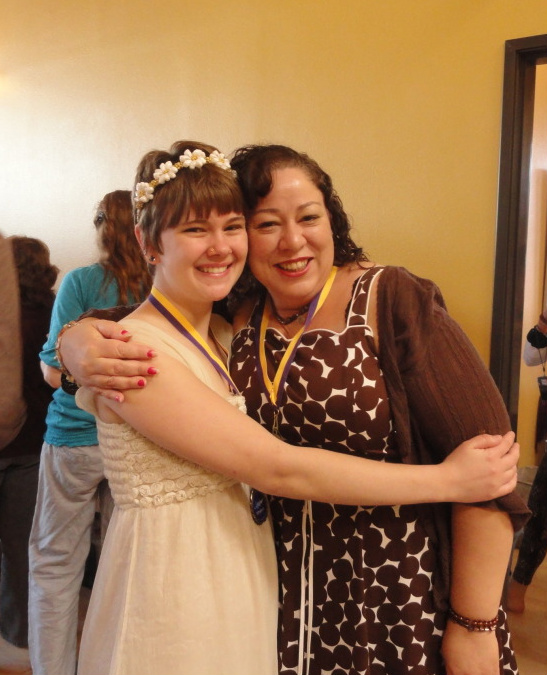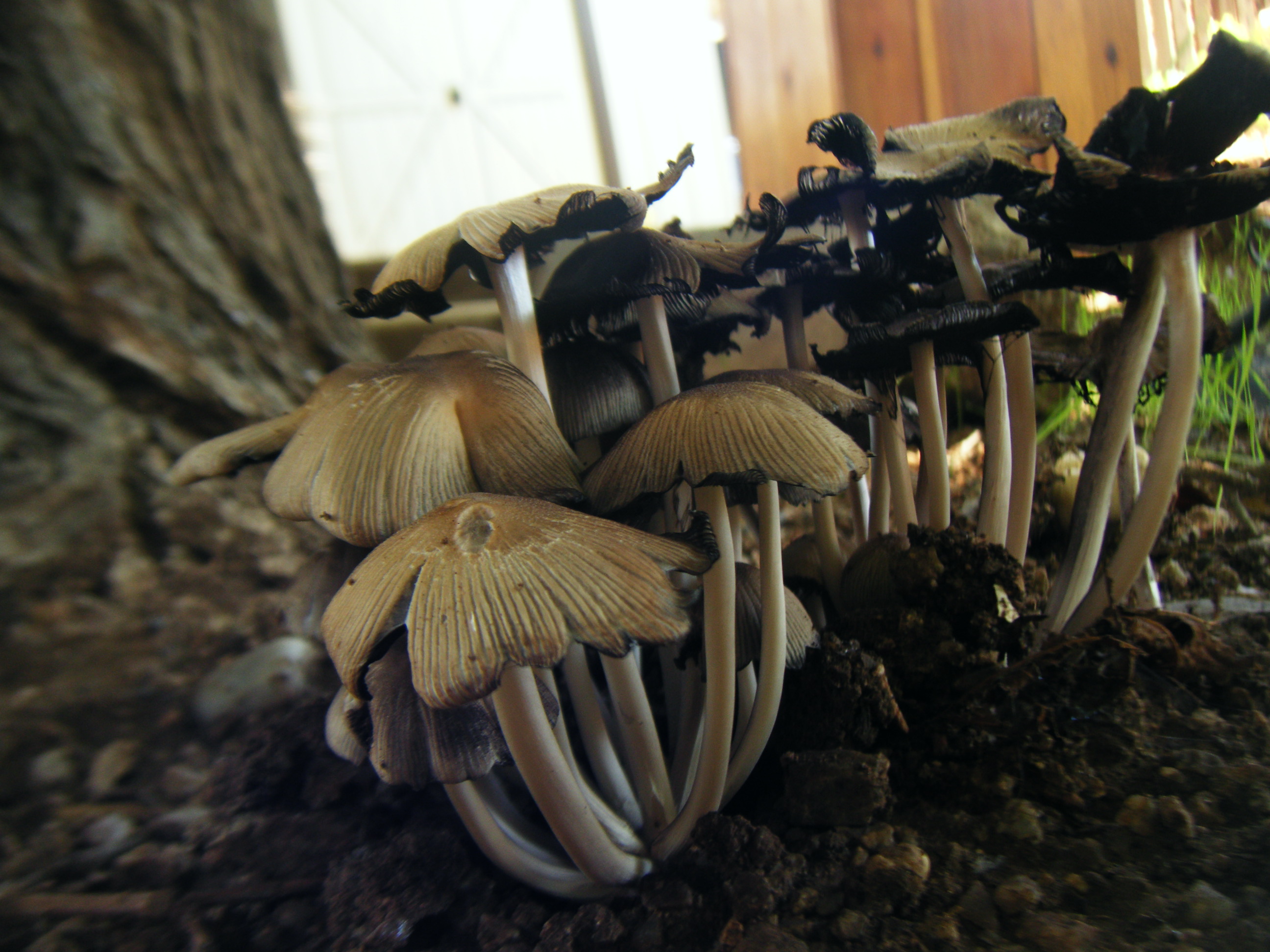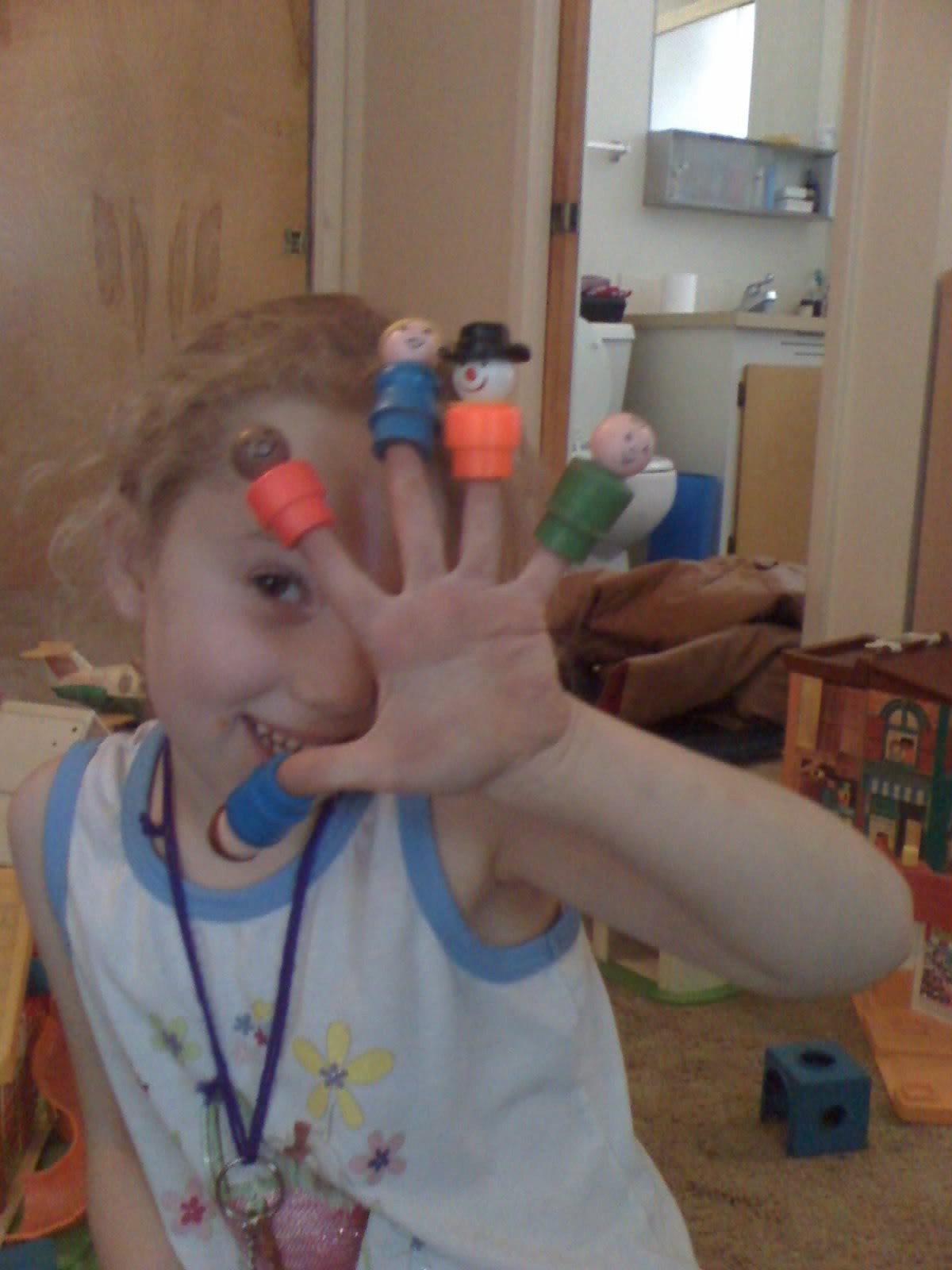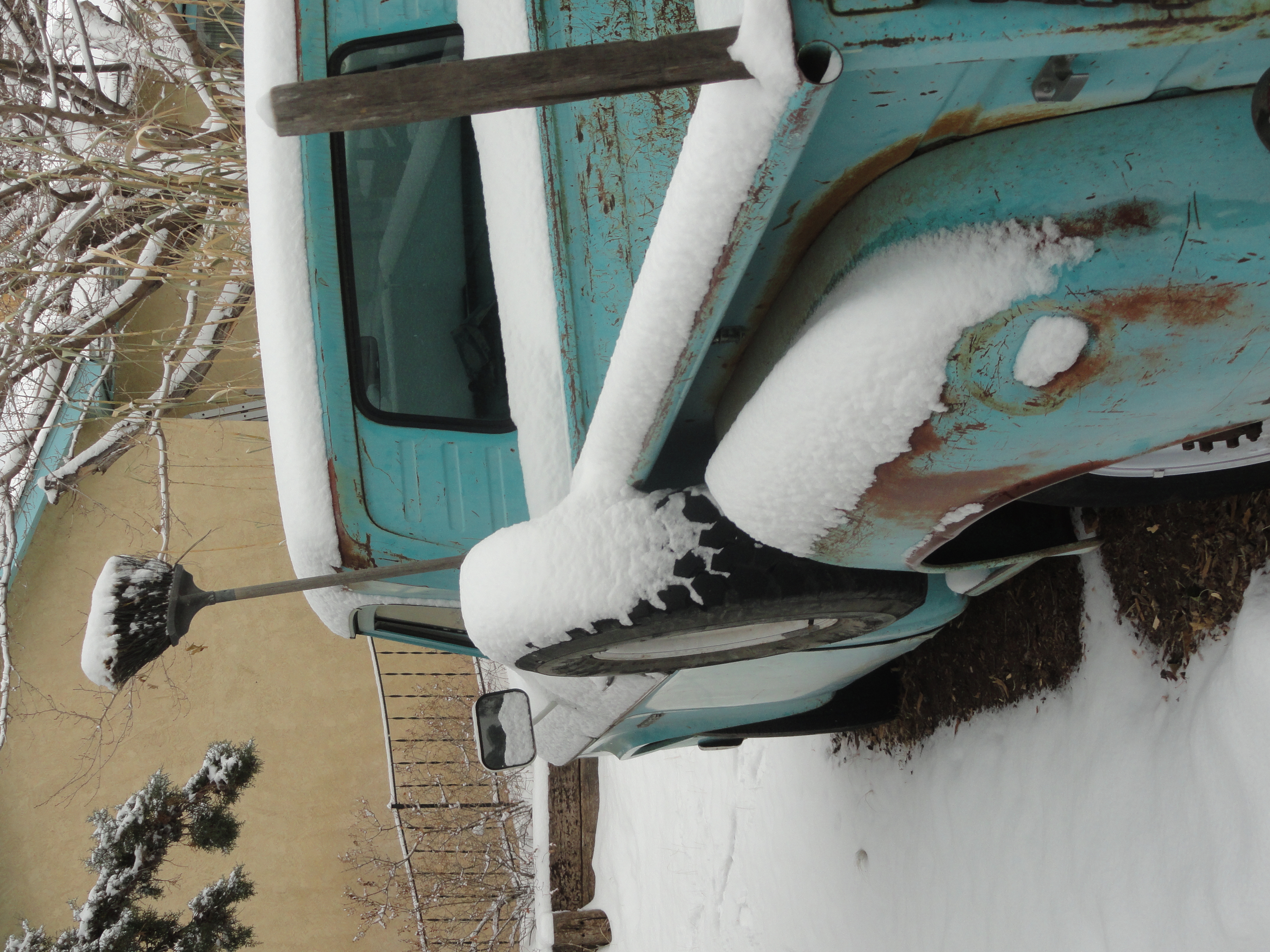 |
As their reading ability unfolded and grew, I learned things I never knew as a teacher, and that I wouldn't have learned as an unschooling mom had they happened to have read “early.” Reading isn't a prerequisite for learning. Maps can be read without knowing many words. Movies, music, museums and TV can fill a person with visions, knowledge, experiences and connections regardless of whether the person reads. Animals respond to people the same way whether the person can read or not. People can draw and paint whether they can read or not. Non-readers can recite poetry, act in plays, learn lyrics, rhyme, play with words, and talk about any topic in the world at length.
photo by Holly Dodd, from inside an auto-rickshaw

